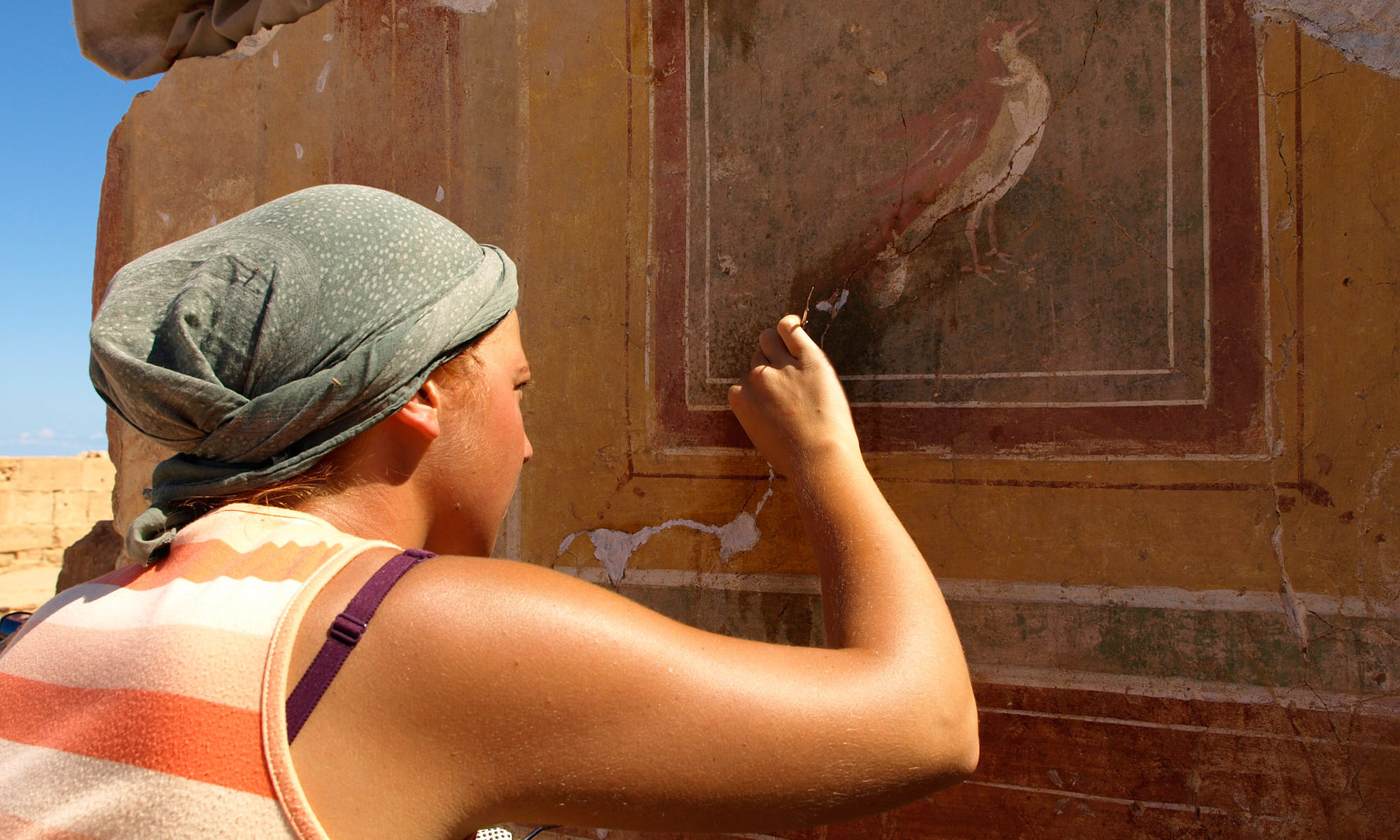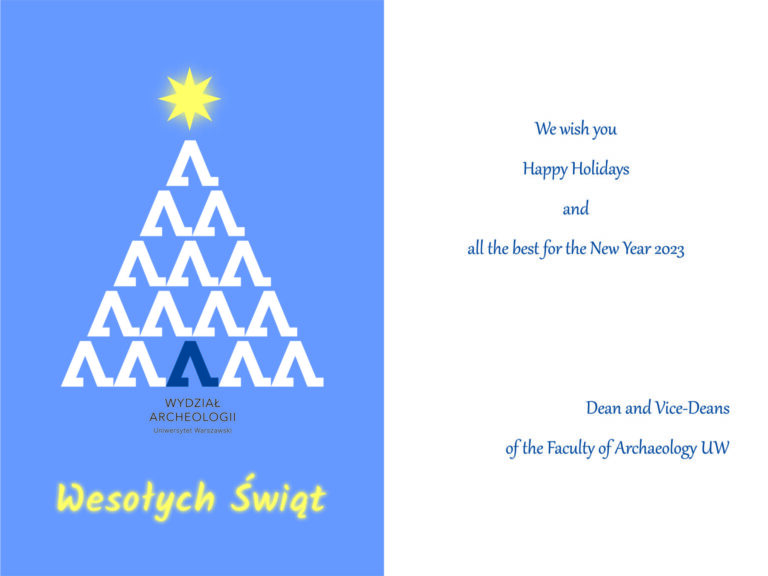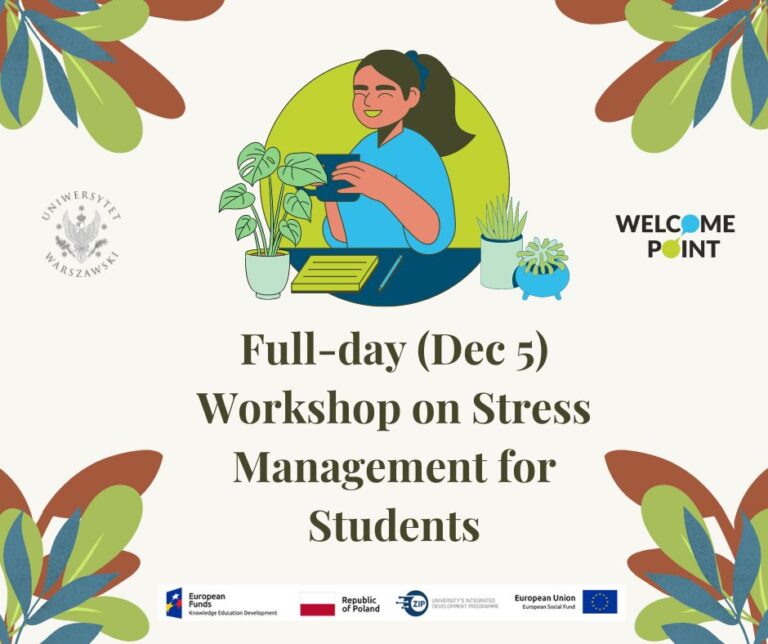„Scholarships to Start” is addresed to the most talented students and doctoral candidate who have been admitted in a given academic year to the university or doctoral school.
The program provides for three types of scholarships:
“Scholarship to Start for Olympians”
“Scholarship to Start for Athletes”
“Scholarship to Start for Doctoral Candidates”
More information:
https://bpm.uw.edu.pl/en/scholarship-to-start-rectors-fund/
https://welcome.uw.edu.pl/scholarships-to-start-from-rectors-fund/
Application can be delivered until 10th of February, 2023.



